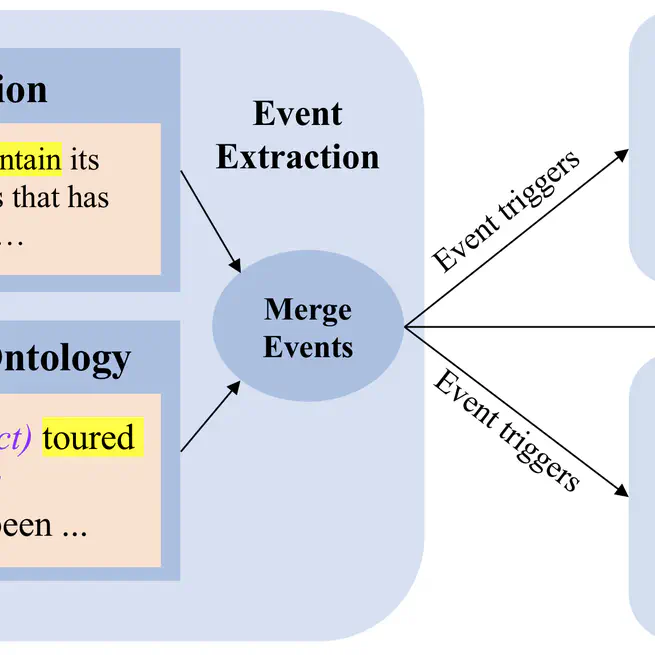We aim to improve zero-shot event detection by training models to better follow event definitions. We hypothesize that a diverse set of event types and definitions are the key for models to learn to follow event definitions while existing event extraction datasets focus on annotating many high-quality examples for a few event types. Our experiments verify our hypothesis.
May 10, 2024
We propose STAR, a structure-to-text data generation method for complicated structure prediction tasks that first generates complicated event structures (Y) and then generates input passages (X), all with Large Language Models. We further reduce errors and improve data quality through self-reflection error identification and self-refinement with iterative revision. We show that the data generated by STAR significantly improves the performance of low-resource event extraction and relation extraction tasks, even surpassing the effectiveness of human-curated data.
Feb 22, 2024
We introduce DICE, a robust and data-efficient generative model for clinical event extraction, which specializes in clinical mention identification, and MACCROBAT-EE, the first clinical event extraction dataset with event argument annotation.
May 2, 2023

A temporal event understanding pipeline that integrates various state-of-the-art event understanding components including event trigger and type detection, event argument detection, event duration and temporal relation extraction.
Jan 13, 2021